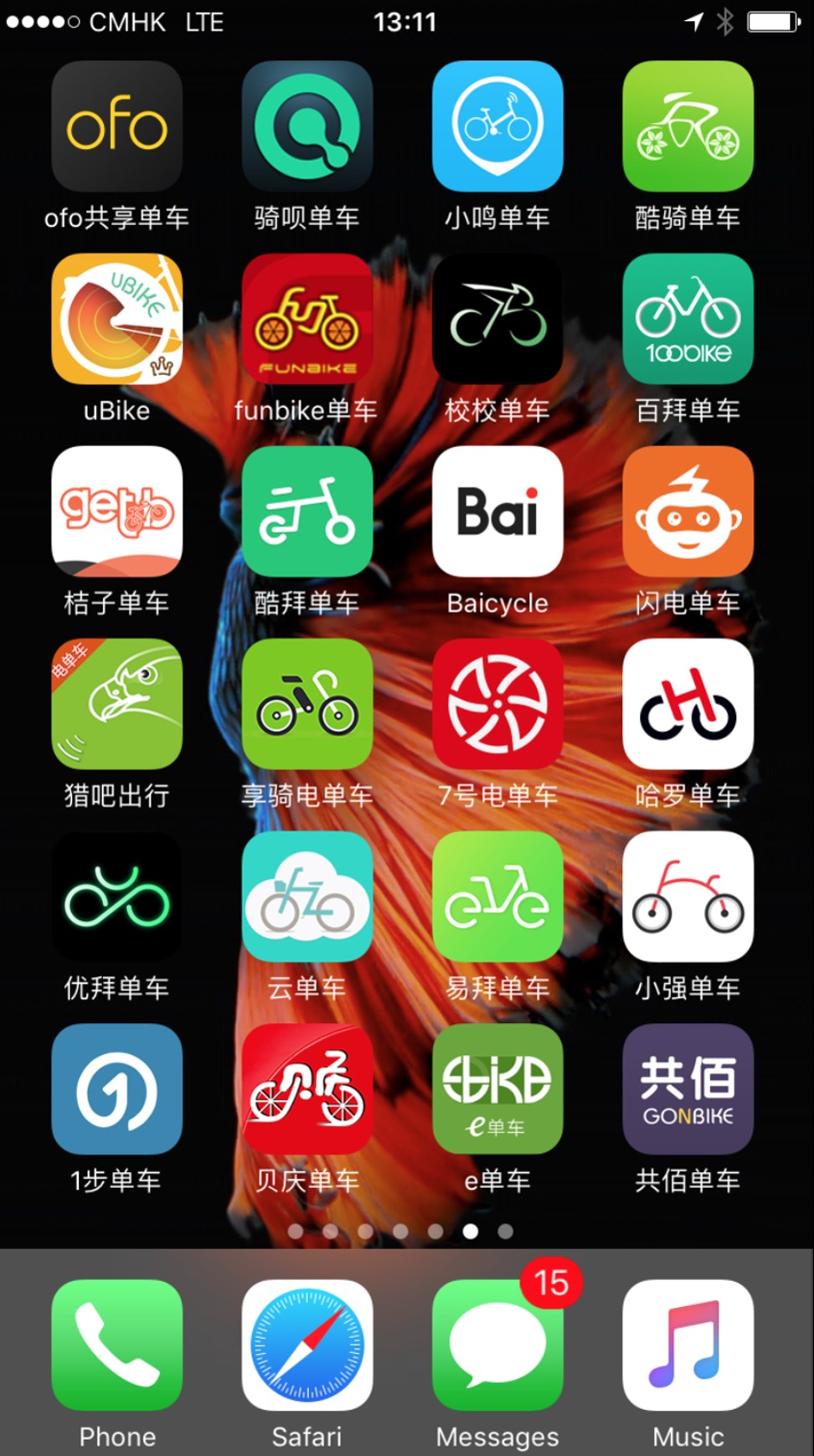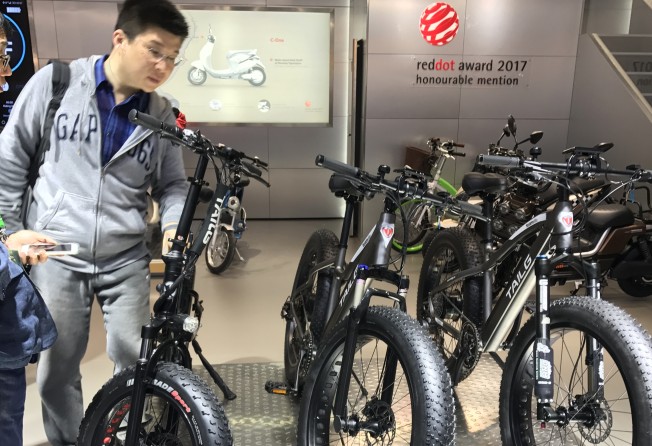
Chinese bicycle maker looks abroad for survival as sharing apps crimp sales at home
A proliferation of bike-sharing services -- more than 40 have sprouted in China since December 2016 -- have dented sales for manufacturers, forcing them to look overseas for survival.

Dongguan Tailing Electric Vehicle Co., China’s third-largest maker of electric bicycles, said it’ll be joining competitors in raising funds through an initial public offering (IPO) to finance its overseas expansion and create a time-sharing model, as a proliferation of bike-sharing services crimped sales at home.
“We will gauge demand in markets abroad, and invest to localise production there,” said Sun Muchu, vice president and a co-founder of the Shenzhen company, also known as TAILG, without providing a time or the size of the fund-raising. “We have seen exports increase at a rapid pace in the past few years, with the volume doubling year on year.”

Two weeks ago, TAILG’s competitor Jiangsu Xinri E-Vehicle raised 310 million yuan (US$45 million) through an IPO on the Shanghai Stock Exchange. Xinri said it would use its IPO proceeds to strengthen research and development capabilities to churn out high-priced e-vehicles, despite the cutthroat market.
TAILG shipped more than 20,000 battery-powered bicycles abroad last year, raking in sales of US$50 million.
Its main targets were the US, Europe and Southeast Asia, where the company saw demand for high-end electric-powered bikes increase sharply.
In 2016, China exported 1.34 million e-bikes, up 20.4 per cent, according to the China Bicycle Association.
An average battery-powered bike sells at about 3,000 yuan (US$434) on the mainland but customers in developed markets such as the US and Europe prefer tech-savvy electric models which can cost upwards of US$1,500.

TAILG sold more than 1.5 million e-bikes last year, up 15 per cent from 2015, bucking the decline in the home market. The world’s largest market for electrical bicycles, China reported its third consecutive drop in annual sales in 2016, as the industry suffered overcapacity.
Last year, 31 million electric bicycles were sold on the mainland, down 4.8 per cent from 2015, according to Ma Zhongchao, chairman of the association.
The booming development of bicycle-sharing services such as Tencent-backed Mobike and Didi Chuxing-funded Ofo have crimped e-bike sales, said Sun, as customers now have convenient access to vehicles without needing to own them.
But he added TAILG plans to launch a time-sharing service at colleges, tourist destinations and within communities this year as a way of “sustaining its growth in a fast-changing market”.
Unlike Mobike and Ofo, both of which bank on internet connectivity to serve their users, Sun said TAILG will deploy staff to oversee the operation, charging and maintaining of its e-bikes at parking sites to ensure it runs smoothly.

The bike is able to monitor its own condition, repair itself if needed, and transit customer data via its own app.
“This is not an outdated industry,” said Sun. “I want to build the world’s best e-bike for people who enjoy taking a ride on a fancy and smart bicycle.”